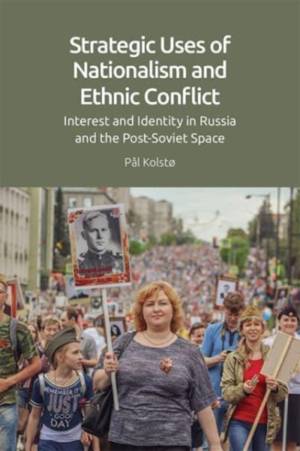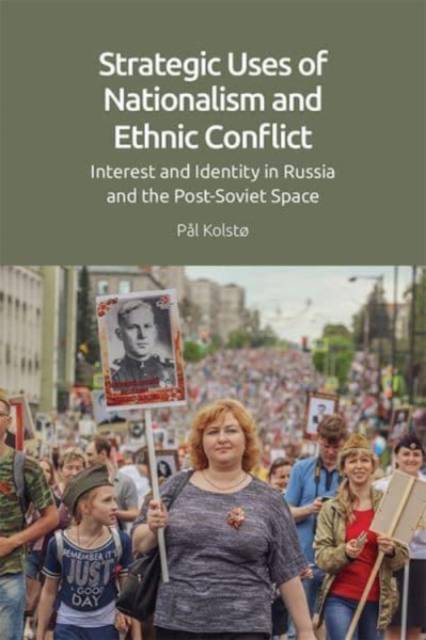
- Retrait gratuit dans votre magasin Club
- 7.000.000 titres dans notre catalogue
- Payer en toute sécurité
- Toujours un magasin près de chez vous
- Retrait gratuit dans votre magasin Club
- 7.000.0000 titres dans notre catalogue
- Payer en toute sécurité
- Toujours un magasin près de chez vous
Strategic Uses of Nationalism and Ethnic Conflict
Interest and Identity in Russia and the Post-Soviet Space
Pål KolstøDescription
This book collects 8 thoroughly revised articles and book chapters, together with a new introductory theoretical chapter, based on Pål Kolstø's 30 years of study of nationalism and ethnic conflict in post-Soviet states. In them, Kolstø examines how the drivers behind ethnic conflicts in the non-Russian republics were not only struggles for collective identities but also more mundane interests, such as competition for jobs and positions. He also analyses the transformations of Russian nationalism, both among the ruling elite and in the opposition, with a particular focus on the use of symbolism. Exploring nationalism as a pervasive feature of politics in the modern world, Kolstø argues that both state leaders and 'ethnic entrepreneurs' employ nationalist rhetoric and stratagems to further their political agendas and achieve particular goals. He examines some of the ways this is used as a political strategy and focuses both on nationalism at the societal level and as a state strategy.
Spécifications
Parties prenantes
- Auteur(s) :
- Editeur:
Contenu
- Nombre de pages :
- 294
- Langue:
- Anglais
Caractéristiques
- EAN:
- 9781474495011
- Date de parution :
- 15-11-23
- Format:
- Livre broché
- Format numérique:
- Trade paperback (VS)
- Dimensions :
- 156 mm x 234 mm
- Poids :
- 421 g

Les avis
Nous publions uniquement les avis qui respectent les conditions requises. Consultez nos conditions pour les avis.






